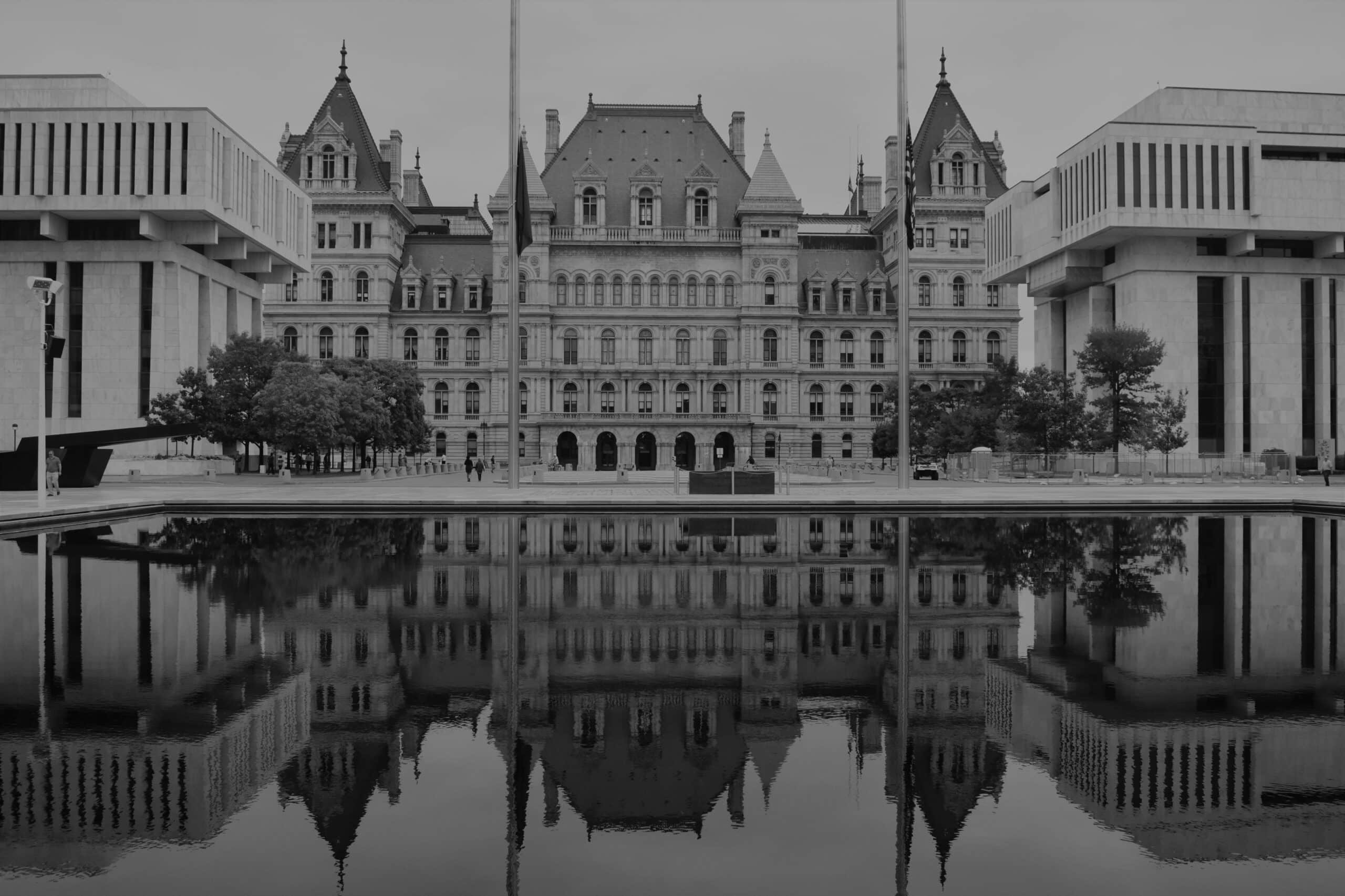Bankruptcy relief is a legal process designed to help individuals and businesses struggling with debt to regain their financial footing. By filing a petition under one of the bankruptcy chapters, debtors can obtain relief from their financial obligations, reorganize their finances, and start rebuilding their credit. In this guide, we will explore the different aspects of bankruptcy relief, including its benefits, the difference between Chapter 7 and Chapter 13 bankruptcy, frequently asked questions, and alternative debt relief options.
What is Bankruptcy Relief?
Bankruptcy relief is a legal solution for individuals or businesses who are unable to pay their debts. When a debtor files a bankruptcy petition under a specific chapter (e.g., Chapter 7 or Chapter 13), the Bankruptcy Court will issue an Order for Relief, which grants the debtor certain protections and relief from their financial obligations. Once the court issues the order, an automatic stay comes into effect, stopping most creditors from continuing their collection activities. This may include:
- Lawsuits
- Wage garnishments
- Repossessions
- Property executions (e.g., bank account freezes, foreclosures)
Upon completion of the bankruptcy proceeding, the court will issue a discharge of debts. The discharged debts are no longer legally collectable against the debtor.
Benefits of Bankruptcy Relief:
Filing for bankruptcy relief can provide several advantages, including:
- Ending wage garnishments
- Preventing home foreclosure and creating a manageable payment structure
- Stopping foreclosure proceedings
- Assisting in the return of repossessed items
- Reducing or forgiving large medical bills, particularly during periods of unemployment
- Restoring services that have been shut off, such as utilities
- Consolidating student loan debts and creating a more manageable repayment plan
- Ceasing harassing communications from creditors
Chapter 7 vs. Chapter 13 Bankruptcy
The primary difference between Chapter 7 and Chapter 13 bankruptcy lies in the way debts are resolved. Chapter 7 bankruptcy is a shorter process in which the court discharges certain debts because the debtor is unable to repay them. Most Chapter 7 cases are “no-asset” cases, meaning there are no non-exempt assets to liquidate. However, if there are any non-exempt assets, a bankruptcy trustee may sell the asset and use the proceeds to pay creditors.
Chapter 13 bankruptcy, on the other hand, is a reorganization process that allows debtors to keep their non-exempt assets and repay their creditors an amount equal to the non-exempt equity. Chapter 13 also enables debtors to repay past-due debt owed on secured debts (e.g., mortgage, auto loan) and taxes (e.g., real property taxes, IRS or state taxes) over time, with the protection of bankruptcy.
Frequently Asked Questions about Bankruptcy:
How long does it take to file bankruptcy?
Filing for Chapter 7 bankruptcy typically takes about 4 months from start to finish in a standard no-asset case. A Chapter 13 reorganization can last between 3 and 5 years, depending on factors such as the debt being reorganized and the debtor’s income level.
How much debt is required to file for bankruptcy?
There is no minimum or maximum amount of debt needed to file for bankruptcy relief.
Does bankruptcy clear all debts?
Bankruptcy can clear or wipe out the obligation to pay most debts. However, some debts, such as domestic support obligations, certain taxes, and student loans (unless repayment poses an undue hardship), may not be dischargeable.
Can you file bankruptcy on credit cards?
Credit card debt is generally dischargeable in bankruptcy, with some limited exceptions.
Can you file bankruptcy on student loans?
Student loans are typically not dischargeable in bankruptcy, except in cases where the debtor can prove that repaying the debt would cause an undue hardship on them or their dependents. The standard for undue hardship varies by jurisdiction.
Can I keep my house if I file bankruptcy?
Yes, if your mortgage payments are current and the equity in your home is exempt, you may be able to keep your house when filing for bankruptcy. Exemption laws protect your property from creditors’ reach.
What are bankruptcy filing fees?
Bankruptcy filing fees are payments made to the court by the debtor during the bankruptcy process. As of 2021, the fees were $338 for Chapter 7, $278 for Chapter 12, $313 for Chapter 13, and $1,738 for Chapter 11.
Debt Relief vs. Bankruptcy
Bankruptcy offers relief from debt through a court proceeding, which protects debtors from creditors. Non-bankruptcy debt relief often involves debt settlement, where the debt is repaid over time or by settling for less than the total amount owed.
Many debt relief programs do not stop creditors from continuing collections or filing lawsuits for non-payment, which can be problematic if you owe multiple creditors. Debt settlement can be more expensive than most bankruptcy options and may have tax consequences, as paying a creditor less than what is owed may result in being taxed on the amount saved.
Things to Remember
Bankruptcy relief provides a legal avenue for individuals and businesses struggling with debt to regain control of their financial situation. Understanding the differences between Chapter 7 and Chapter 13 bankruptcy, as well as weighing the benefits and potential drawbacks of each, is crucial in determining the best course of action for your unique circumstances. If you are considering bankruptcy or alternative debt relief options, consult with an experienced bankruptcy attorney or financial advisor to help you make the most informed decision.
Copyright © 2024 Barbaruolo Law Firm
Site by CannaPlanners


